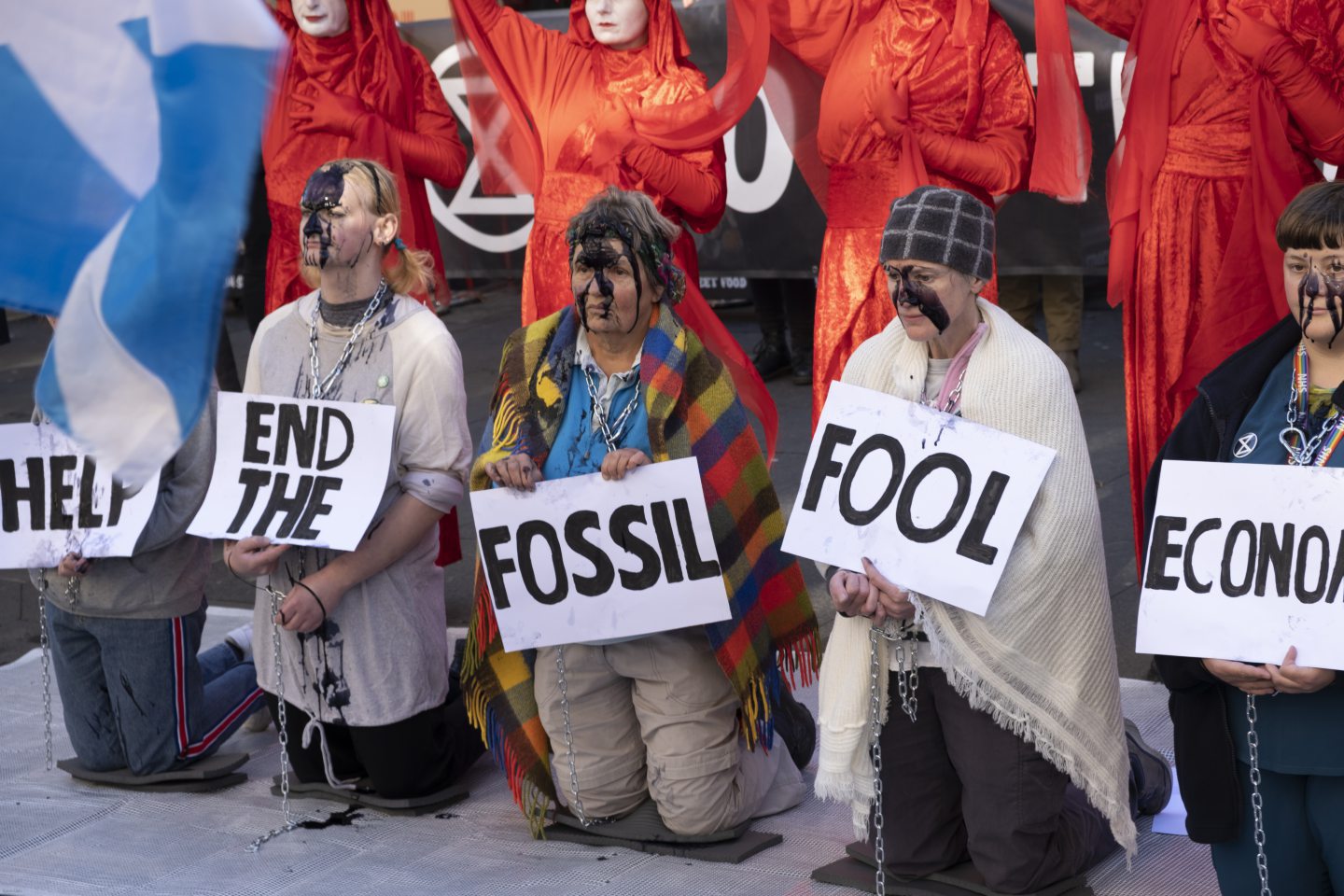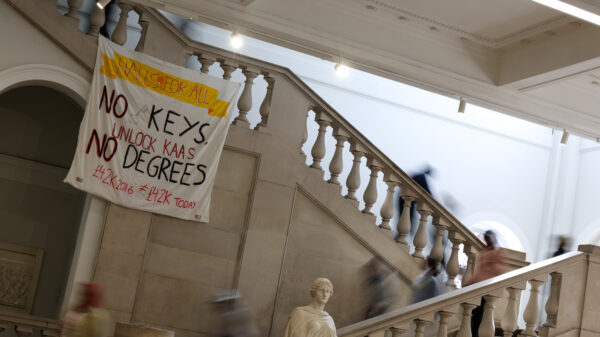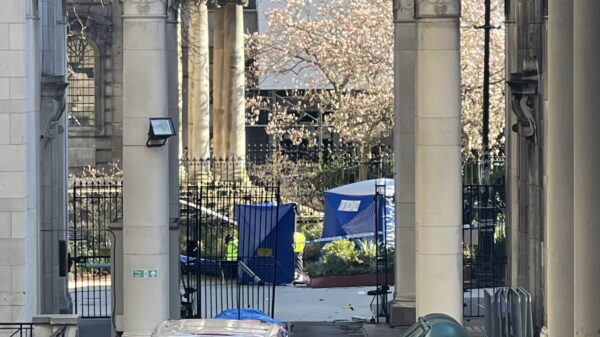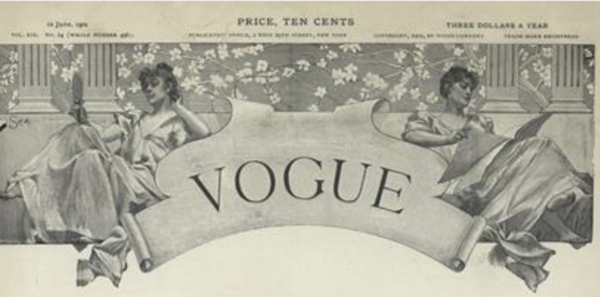Staff writer Sean Harvey argues that the tactics employed by ‘Just Stop Oil’ protesters are a legitimate form of protest and necessary given impending climate crisis
This is a rebuttal to an article by written by Staff Writer Conor Williams that criticised the methods of ‘Just Stop Oil’. You can read Williams’ article here.
The Just Stop Oil protestors are creating quite a contentious debate about the nature of direct action protesting and its actual impact it has policy and attitude changes. Many people see these random acts of vandalism as pointless and distracting to the wider issue.
However, this clearly misses the point of these demonstrations. As is mentioned in Williams’ article in the opening paragraph, the activists ask, “What is worth more, art or life?”. This is the key message that they are trying to communicate: that we currently care more about art than the health of our planet. With a potential climate breakdown likely in our lifetimes, surely this opinion must register as insane – that we collectively care more about art than our planet and our futures?
These direct actions are not targeted at governments or policy makers, as the other article suggests. Throwing paint on art is, of course, not going to influence policy directly and there is growing belief that these protestors are potentially disillusioned to think this might work; this is an insult to these activists. These activists wouldn’t be going to these extents without having done extensive research on the issue they are passionate about. They likely have a far better idea of government policy, especially environmental policy, than many of the people criticising them.
Additionally, the media’s attention of these actions has always focused on how problematic these actions are rather than their motivations and the larger issues at hand. Since this is a contentious issue, it is easy for emotions to run high. It is, of course, easy to vilify acts of civil disobedience for their disruption to people’s daily working life.
Although I think missing the point of these direct actions just, in fact, proves their point. Their actions are trying to highlight the publics complacency and apathy towards climate change. Coverage focusing on the issues of their direct action and ridiculing their behaviour, misses the fact that the climate situation is dire. In the future, I hope people like Phoebe Plummer, a key figure in the Just Stop Oil movement, will be remembered as heroes. If progressive climate policy is passed eventually it will be these activists, like other activists in the past, that will be revered a head of the ones in government.
The other article also asserts that these people efforts, whilst “honourable” could be better directed at something more productive. Climate activism is not a new phenomenon. Environmental movements have existed throughout modern human civilisation and actions against man made environmental damage begun even during the industrial revolution.
That aside, there has been more prominent environmental direct action since the 1960s and larger movements starting in the 1980s. Greenpeace, founded in 1971, the most famous environmental group have been participating in protests and direct action for over 50 years now. In that time, they have targeted oil rigs, bank buildings, government buildings, cargo ships, and every nameable polluter.
If not this, what else should people do? Greenpeace have, as well, continually been conducting scientific research on climate change and organising conferences on what we can do to help the health of our planet. Being ignorant on the issues climate change is, for me, no longer excusable.
For me, the Just Stop Oil movement symbolises that we are now having to make a final stand for our planet. The failings of any meaningful resolutions at COP27 highlight once more that governments and large businesses are not going to solve these issues. If we are still stuck, not doing anything, after another 27 years it will likely be too late. Activists have tried research; they’ve tried targeting and disrupting big polluters; and even putting pressure on policy makers to no avail. It is clear that people just do not really care about this emergency. So f*ck it; we may as well try throwing paint on stuff!
Second year International Development


















